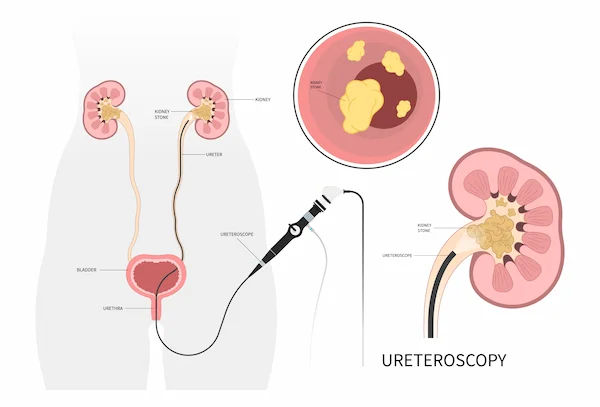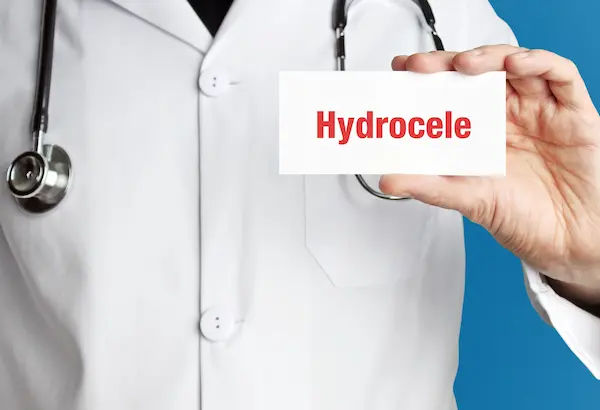- male
- 50 Years
- 01/04/2021
Can urine flow back into the kidneys?
Answered by 1 Apollo Doctors
Yes when there is obstruction, there will be retrograde flow towards kidney
Dr. Ranjith Suggests...
Consult a Urologist
Answered 04/07/2025
0
0


Ask Apollo
AI powered Health Chatbot
-
Yes, urine can flow back into the kidneys, a condition known as vesicoureteral reflux (VUR). This occurs when urine flows backward from the bladder toward the kidneys.
-
Why it matters: This can increase the risk of kidney infections and damage if not managed properly.
-
Causes: It may result from a malfunction of the valves between the bladder and ureters or other urinary tract abnormalities.
-
Symptoms: Often asymptomatic, but can cause frequent urinary tract infections, fever, or pain.
-
Diagnosis and treatment: Diagnosed with imaging tests like an ultrasound or VCUG. Treatment ranges from monitoring to antibiotics or surgery, depending on severity.
If you have concerns about urinary symptoms or infections, consult a healthcare provider for evaluation and care.
Answered 20/08/2025
0
0
More Urology Health Queries
View allI'm 17 and have been wondering about how often it's normal or healthy to masturbate. Im a bit worried if there's any harm or risk to my health from doing it too much. Can you give me some guidance?
Masturbation is a normal and healthy part of human sexuality, and there's no specific frequency that's considered "right" or "wrong"; as long as it doesn't interfere with daily life, relationships, or mental health, masturbation is generally not injurious to health, but excessive frequency (e.g., multiple times a day) may lead to temporary physical or emotional issues, so moderation is key.
Answered by 1 Apollo Doctors
I'm feeling a bit worried because I've been having this needle-like pain in my abdomen, mainly on the right side. I'm not sure if it's appendicitis or something else. One doctor mentioned it could be appendicitis, but another said it might just be gas. Also, I've been told I have a renal calculus that's 0.4 mm in size. What should I do next? Any advice would be great.
use medicine
Answered by 1 Apollo Doctors
Can guys feel when sperm is coming out?
What you calls âspermsâ (properly called spermatozoa) are microscopic and so it would be impossible for a male to feel them
Answered by 1 Apollo Doctors
Disclaimer: Answers on Apollo 247 are not intended to replace your doctor advice. Always seek help of a professional doctor in case of an medical emergency or ailment.

 What causes vesicoureteral reflux?
What causes vesicoureteral reflux? 



